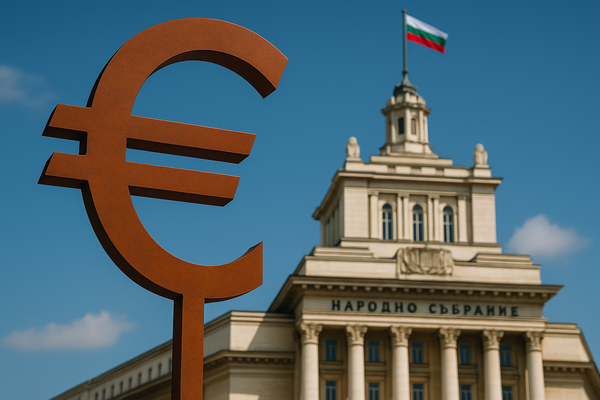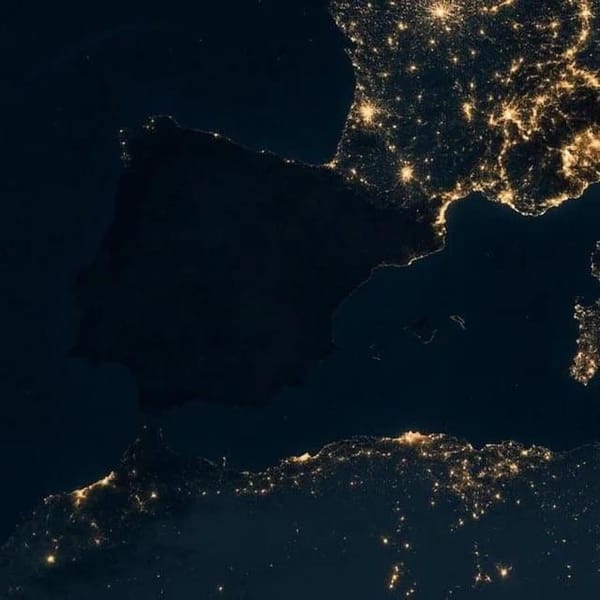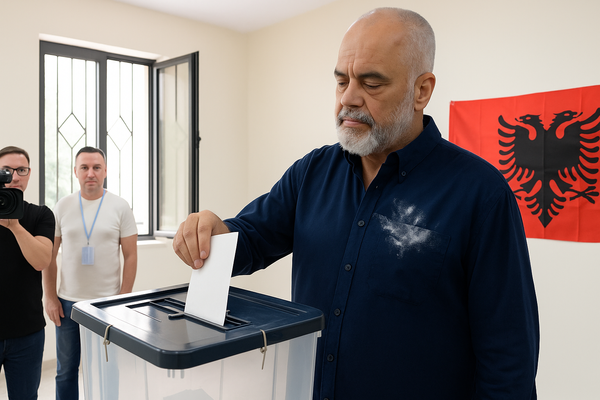
Poland applies to join EPPO as Tusk returns
Donald Tusk was elected as Poland’s prime minister as his government won a vote of confidence in the parliament on Tuesday, 12 December. “Poland is back in Europe,” the country’s new prime minister, Donald Tusk, said in Brussels. “This is the most important moment of my political career.”
The reappearance in the Kancelaria Prezesa Rady Ministrow of arguably Central and Eastern Europe’s (CEE) biggest statesman is a seismic moment for Poland after eight years of nationalist rule of the Justice and Law party (PiS).
Tusk served as prime minister of Poland from 2007-14, a tenure marked by economic growth, closer ties with the EU, and efforts to modernise Poland’s infrastructure and energy sectors.
Since then Tusk has led the European Council (EC) from 2014-19 and the European People’s Party (EPP) from 2019-22. His re-election will bring about a very distinct shift in Poland’s attitude toward the EU.
Liberal domestic policies ahead, but Duda holds veto
During his election campaign, Tusk underlined an intention to address issues such as judicial independence, rule of law, and LGBTQI+ rights. However, he acknowledged that President Andrzej Duda, a PiS ally who was involved in its controversial judicial reforms, can still veto legislation.
Other key aspects of his campaign include investigating and purge of PiS loyalists from public media and state-controlled companies, encouraging a shift to greener energy and improving Poland’s education and healthcare are also among the priorities.
Since the election MPs have discussed a bill to restore in vitro fertilisation (IVF) funding pulled by the previous government. Tusk has pledged to roll out gender equality policies, simplify legal procedures for transgender people, look into introducing same-sex civil partnerships; and reverse a 2020 court decision that restricted abortion rights.
Given the broad agenda of the new government, there are concerns among civic rights groups that these issues may be sidelined: the coalition faces internal divisions, and President Andrzej Duda, who retains veto power. On the plus side for Tusk, he has inherited a robustly growing Polish economy.
EU-compliant policies likely to unfreeze funds
Despite PiS’s recent attempts to meet EU-set milestones to access these funds, the bloc deemed its progress insufficient. However Tusk now has good reason to hope to secure EUR 111bn allocated to Poland from the EU’s post-pandemic recovery and cohesion funds and frozen over concerns regarding the rule of law in Poland under PiS.
EU Budget Commissioner Johannes Hahn has expressed optimism about assisting Poland, clarifying that the process involves releasing, not transferring, funds. Before the election, Tusk discussed unblocking these funds with EC President Ursula von der Leyen.
Justice Minister flies EU flag, applies to join EPPO
On his first day in office, Tusk’s new Justice Minister and Prosecutor General Adam Bodnar initiated Poland’s process to join the European Public Prosecutor’s Office (EPPO), as EU flags were unfurled at his ministry building for the first time in years.
The EPPO, established in 2021, investigates and prosecutes crimes against the EU’s financial interests, such as fraud and corruption. All EU 27 member states are EPPO members except for Denmark, Ireland, Sweden, Hungary, and, for now at least, Poland.
The outgoing PiS government often found itself at odds with Brussels, particularly over rule-of-law issues, and says the EPPO primarily serves to enforce a left-wing agenda within the EU.
Joining the EPPO will require consultations with relevant parliamentary committees before the application can be forwarded to the EC and the Council of the EU.
Predecessors unimpressed
Marcin Warchol, Bodnar’s predecessor from PiS’s hardline eurosceptic coalition partner Suwerenna Polska (Sovereign Poland), criticized the decision, saying the EPPO’s real intent is to enforce a left-wing agenda, particularly targeting those who support traditional Christian values or anti-abortion views.
Sebastian Kaleta, a former deputy justice minister from the same party, described Bodnar’s action dismissed the need for EU involvement in matters like VAT fraud, in which Poland has been independently effective.
NATO, US, Ukraine foreign policy allies
Tusk has outlined a vision for Poland that includes strong support for Ukraine, maintaining a close alliance with the US, and commitment to NATO. He has already shared a significant policy victory with his European colleagues, as the EU sidelined Hungarian Prime Minister Viktor Orban this week to vote to open the accession processes of Ukraine and Moldova.
He also inherits the recent blockade at the Ukraine-Poland border by Polish truckers, and has emphasised the importance of secure and humane management of the country’s borders.
These policy directions mark a significant departure from the previous government’s nationalist and conservative policies, signalling a return to a more centrist and EU-aligned approach under Tusk’s leadership.
Tusk: Gdansk street fighter turned PM
Tusk was born in Gdansk, northern Poland, on April 22, 1957. He was an active member of the Solidarity movement, which was a key force in the opposition to communist rule in Poland, and a self-confessed frequent street brawler in his youth.
Tusk co-founded the Liberal Democratic Congress and served as an advisor to various presidents and prime ministers. In 2001, Tusk co-founded the Civic Platform (Platforma Obywatelska), a centrist and pro-European political party.





